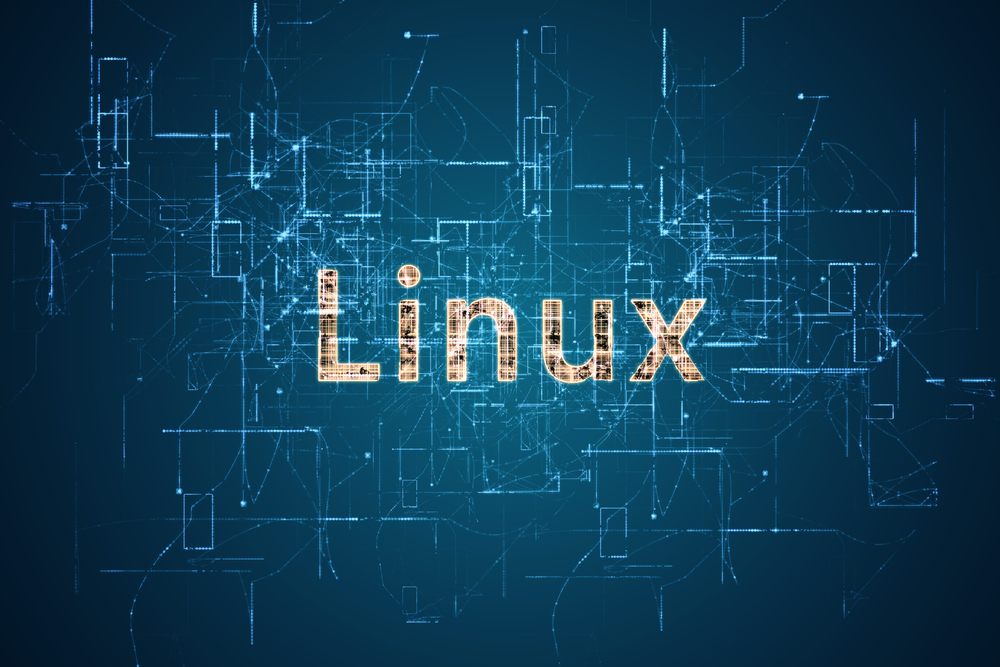Advantages of Choosing the Linux Operating System
Explore the top four advantages of Linux, including its open-source nature, enhanced security, ease of installation, and diverse desktop environments. Ideal for developers and users seeking a customizable, secure, and efficient operating system, Linux continues to grow in popularity across various industries.

Advantages of Choosing the Linux Operating System
Linux, created by Linus Torvalds in 1991, has revolutionized the software landscape and has become one of the most popular OS worldwide. While many are familiar with Windows or Mac OS, Linux offers distinct advantages that set it apart. Curious about what makes Linux a preferred choice for many users? Below are the top four reasons to consider implementing Linux as your operating system.
Open-source nature: Linux's source code is publicly accessible and free to download. This allows users to modify, customize, and build their own versions of the OS, making it highly adaptable for developers and programmers. Its flexibility surpasses that of Windows and macOS in terms of deep customization.
This open access promotes innovation and tailored solutions, making Linux ideal for unique requirements and development projects.
Enhanced security features: Linux is designed with security at its core, eliminating the need for third-party antivirus software as commonly required for Windows and Mac. Its architecture minimizes vulnerabilities, resulting in fewer security breaches.
Linux offers a lightweight, reliable, and flexible operating environment that prioritizes security without sacrificing performance.
Ease of installation: Installing Linux is straightforward, whether through its user-friendly software repositories or from scratch. The software center simplifies browsing and installing applications. Additionally, Linux desktops are highly customizable, allowing users to adapt them for specific tasks, whether they use Ubuntu, Fedora, or other distributions. Its efficient resource management ensures optimal performance even on modest hardware.
Variety of desktop environments: Linux provides numerous desktop environments, each offering a different user experience. Popular options include Ubuntu, KDE, Cinnamon, MATE, and Budgie, catering to diverse needs from minimalistic interfaces to feature-rich setups. These environments are lightweight, ensuring smooth operation even on less powerful hardware, while high-end environments serve developers and professionals needing advanced capabilities.









